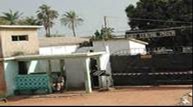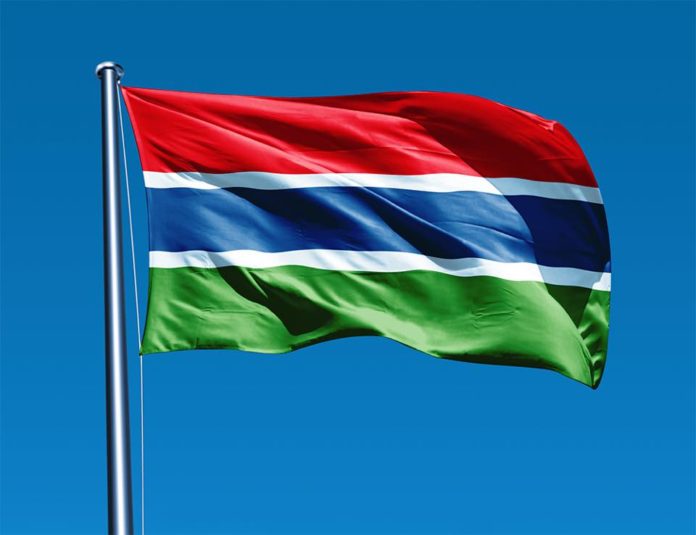The Gambian people should know their rights and should know what they should do when their rights are violated. There are two sections of the Constitution which seek to protect the human rights and constitutional rights from being violated. Section 37 subsection (1) of the Constitution states:
“(1) If any person alleges that any of the provisions of section 18 to 33 or section 36 (5) of this Chapter has been, is being or is likely to be contravened in relation to himself or herself by any person he or she may apply to the High Court for redress.”
Hence anybody who deems his or her right has been violated should go to the high court for redress. On the other hand, section 5 subsection (1) of the Constitution provides for measures to protect the letter and spirit of the Constitution. It states:
“(1) A person who alleges that
(a) any Act of the National Assembly or anything done under the authority of an Act of the National Assembly; or
(b) any act or omission of any person or authority,
is inconsistent with or is in contravention of a provision of this Constitution, may bring an action in a court of competent jurisdiction for a declaration to that effect.”
Legal minds and informed citizens may engage in debates on the legality or illegality, constitutionality or unconstitutionality of certain enactments, actions or inaction such as the removal of Ya Kumba Jaiteh. Such discussions may have persuasive influence on authorities. However, courts are not supposed to be influenced by public debates. They are supposed to operate with impartiality and independence. Foroyaa is ever ready to answer questions raised by the public as long as the aim is not to interfere with any judicial process. People should start their cases by resorting to the high court or Supreme Court. Any other recourse especially a blame game will amount to an exercise in futility.



















